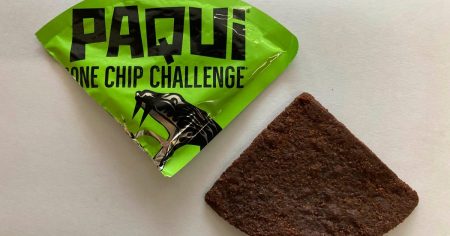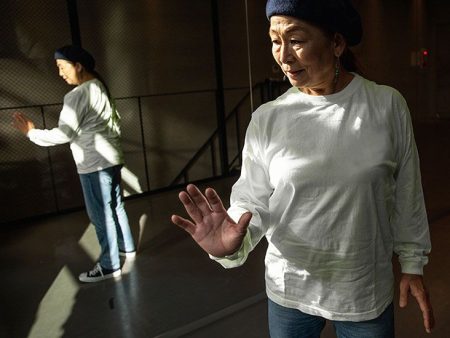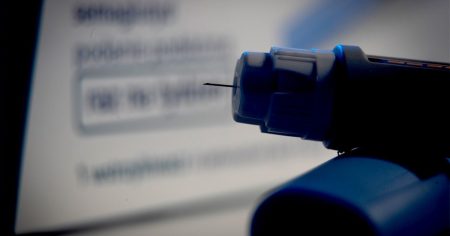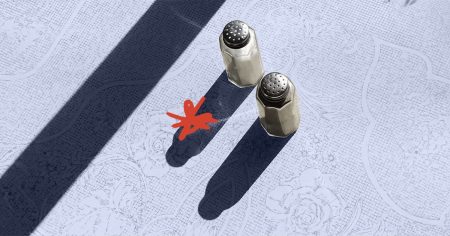Creatine is a common sports supplement that is believed to increase energy in muscle cells during exercise. While primarily known for its physical performance benefits, some research has suggested that creatine may also have positive effects on aspects of brain health. The latest study investigated how a high dose of creatine may improve cognitive performance in individuals who are sleep-deprived. The researchers found that just one large dose of creatine supplements led to enhancements in brain metabolism and cognitive performance, particularly in processing capacity and short-term memory. These findings could be beneficial for individuals in high-pressure professions who may experience sleep deprivation, such as healthcare professionals, firefighters, and night-shift workers.
Creatine is naturally produced in the body and can also be obtained from food sources, predominantly meat and fish. It helps to regenerate adenosine triphosphate (ATP), the primary energy source for cells. Studies have shown that creatine may improve cognitive abilities, particularly in older adults with lower intake of animal-derived foods, individuals with mild brain trauma, and those experiencing sleep deprivation. Additionally, there is evidence that creatine may reduce inflammation and oxidative stress, potentially benefiting brain health, reducing the risk of depression and anxiety, and supporting brain development.
In the latest study, participants were given a high dose of creatine on one night and a placebo on another, with cognitive tasks completed during periods of sleep deprivation. The researchers found that cognitive performance improved 3 hours after taking creatine, with peak benefits at 4 hours lasting up to 9 hours. This short-term enhancement in cognitive performance could be valuable for individuals who need to maintain high levels of brain function despite inadequate sleep. However, caution is advised due to the high dose used in the study, which may put strain on the kidneys. Future research is needed to explore the potential cognitive benefits of lower doses or combined with other components to maximize effectiveness.
While creatine supplementation may hold promise for individuals in certain circumstances, such as those experiencing sleep deprivation, caution is advised due to safety concerns and the need for more evidence. Consulting with a qualified nutrition professional for proper dosage and guidance is essential to ensure safe and effective use of creatine supplements. Additionally, more research is needed to determine who may benefit most from creatine supplementation. Further studies exploring prolonged supplementation regimens could shed light on the potential for enduring cognitive benefits of creatine.














